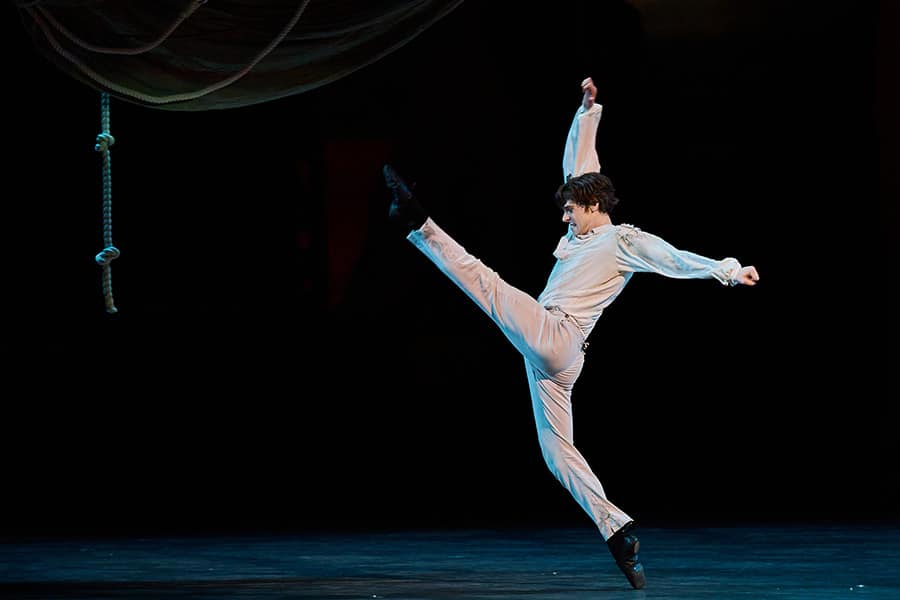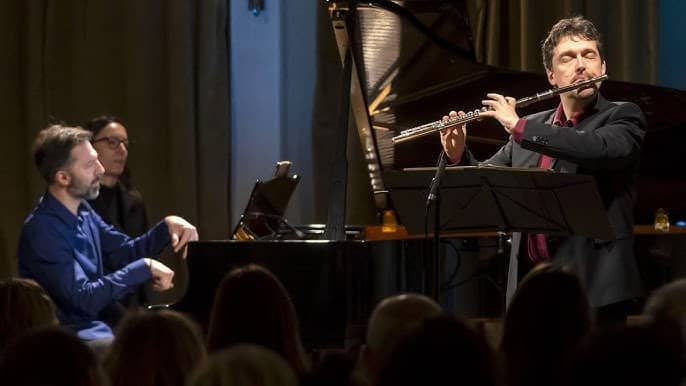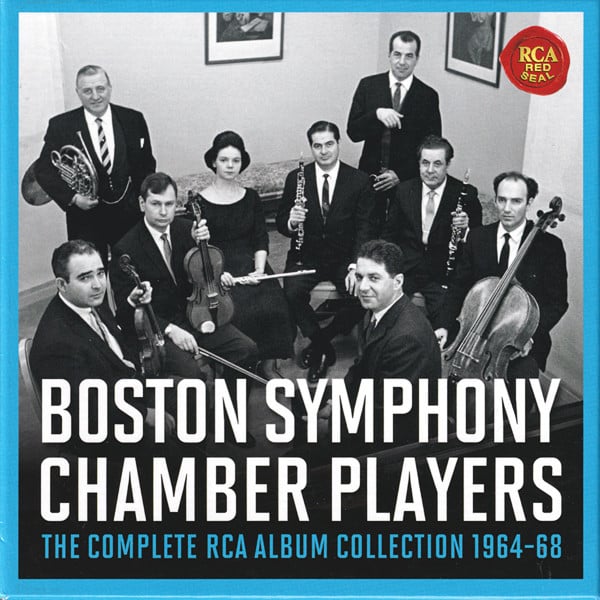Which orchestra comes top on social media?
mainDavid Peralta Alegre, principal second violin of the Netherlands Philharmonic Orchestra, has a burgeoning sideline as a social media consultant.
In a blogpost today, he extols two orchestra for having invested more in social media management than the rest.
One has achieved:
- 700,992 likes on its Facebook page
- 93,122 subscribers on YouTube
- 77,841 followers on Twitter
- 2,361 lists on Twitter

The other has:
You will have to click on David’s page here to discover who they are. However, impressive as these statistics may appear, we don’t think from our observations that these two orchestras are necessarily the most effective operators on social media. No-one has yet made orchestras a talking point on reddit. What we’re seeing here are the stats of passive fandom. How to make them active is the unanswered question.





So Berlin beat LA by four goals – sorry, Klouts.
Is there anyone left out there – anyone – who thinks, as I do, that these antisocial media are a complete waste of time?
I am with Brian on this; “social media” are a waste of time, and have the effect of ostracising those of us who do not use them. What is wrong with a navigable, functional, informative website, with a weblog and a few clips, openly available to all without the need to create a user-account with a third-party corporation whose terms and conditions may be unacceptable.
Oh, yes.
Just the dog chasing his tail. To quote Mr. Lebrecht: “See Ecclesiastes, 1:2.”
So, I guess The Dude does not abide.
93,000 YouTube subscribers from the Berlin Phil? I guess we can pass that in a few years. Subscribers are the key.
Many know that Klout and Kred scores offer a limited view, and don’t incorporate ALL areas. Plus, followers don’t equal engagement. A true quotient would have incorporated most if not ALL of these factors.
I’m proud to have lead the youth orchestra with one of the most successful social media of any youth orchestra in the world. I don’t have a salary, an office or a social media expert, just my laptop and internet cafes.
So why is social media vital for the National Youth Orchestra of Iraq?
1. My players suffer from extreme isolation in the music world, both within Iraq and internationally. Social media allows them to connect with teachers and fellow youth orchestra players around the world, such as Bundesjugendorchester, Orchestre Francais des Jeunes and Edinburgh Youth Orchestra, with whom we have also performed side-by-side.
2. Although we only operate once a year every year from 2009-13, before Iraq was cut in half by ISIS, our Facebook, Twitter and Youtube sites gave other Iraqis access to our live mission of reconciliation and peace through music. Most of our fans are people who have never experienced us live, but need what we offer. So where we can’t give hope live, we give hope online.
http://www.facebook.com/nyo.iraq
3. Video and audio are evidence that we exist and succeed in our mission, vision and values not only to Iraqis but other promoters and public internationally. They are also evidence of progress from a very scratchy post-war youth orchestra lacking tuition to an internationally recognised cultural and peace ambassador.
http://www.youtube.com/user/nyoiinfo
http://www.soundcloud.com/nyo-iraq
Whilst NYOI is a VERY different animal from most developed world orchestras, and you could argue that our case has no relevance to your orchestral scene, just take the points above:
1. Islolation – without smart use of social media as an integrated part of a marketing strategy, orchestras are isolating themselves from the communities they serve. We have to fight for our right to exist as any civil rights movement past or present has done. Social media is a tool for and by society, can be used or abused, and is here to stay. It’s also a powerful set of tools for social entrepreneurs, whose work worldwide puts old-power structures to shame.
2. Big picture thinking – flying conductors and soloists from abroad to a town to perform for a few days does not make an orchestra “international”. Many people in our business are trying to create a new big picture/big data thinking that meaningfully connects the hope and passion we bring locally to our awareness of this century’s issues and problems. This does not mean we are more intelligent in our thinking, but we are now thinking differently, and our offer can resonate with world’s problems as much as it resonates with a profoundly entertaining night out, as one way of staying relevant. Here, many composers have let us down somewhat. So social media stands or fails on the relevance of an orchestra’s mission, vision and values. Some orchestras have no idea what theirs is.
3. Online existence, including information overkill and noise from others seeking our attention, is unavoidable. So orchestral social media must be able to attract the right kind of attention to the right kind of people. Again, just a tool to use well or badly.
I’m sure you’ll agree, none of this is very profound, but it is complex, and we can choose to embrace that complexity and ride the pain of change before it rides us out of existence.